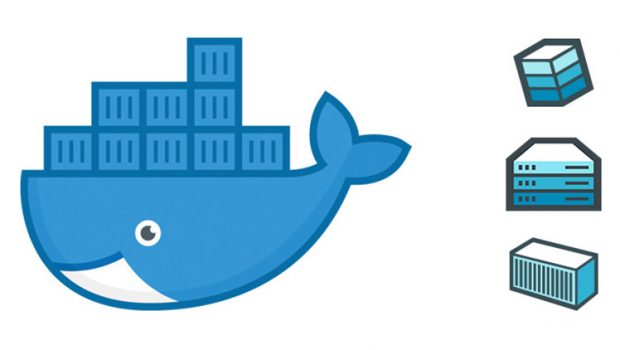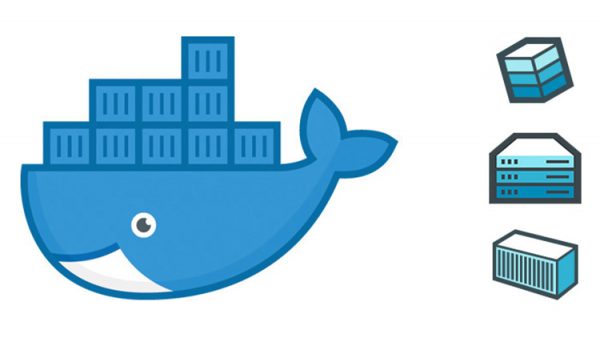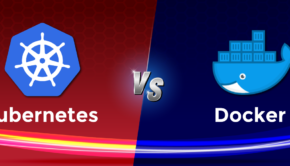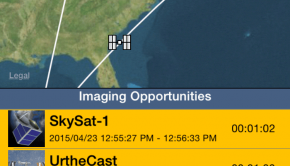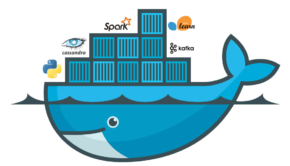Docker Container Images, What’s The Big Deal?
There has been a lot of buzz about container images and containerized application development as of late. And rightfully so, since it is changing the way applications are being developed across all areas of DevOps, essentially streamlining a multitude of processes.
Not to mention the elimination of virtual machine reliance. This is why Docker container images are among the most popular DevOps tools available.
DevOps teams and software companies are now able to bring applications and other software projects to market faster than ever before. “The intention of DevOps is to create better-quality software more quickly and with more reliability while inviting greater communication and collaboration between teams,” Samarpit Tuli said in a recent DZone article.
There are also some pretty big names utilizing containerized application development, such as IBM, PayPal, and Spotify to name a few. Big data and growing software companies are also jumping on the container image bandwagon. Why? Simply due to simplicity. DevOps teams can now package, distribute, manage, and update container images seamlessly.
Using container images, developers can pack an app with all the needed libraries and dependencies for easy shipment. Fast and efficient for sure! Automation deployment is on the table as well by using a private Docker registry, cataloging massive collections and development repositories.
Here are a few Docker stats to consider:
- Docker containerized application development is a DevOps tool using the most up-to-date technology.
- Developers can utilize PHP, Ruby, Java, and other frameworks with Docker container images.
- Nearly 66 percent of companies that try out Docker container images will adopt it and fully integrate it into their development environment.
Let’s take a deeper look at how container images and containerized application development is being impacted in a positive way via Docker. The following four reasons may be worth considering for your DevOps team.
1. Container Images Simply Make Development Easy
Docker Container Images, What’s The Big Deal?There is a lot of complex things that happen within the development environment, especially when it comes to coding and deployment. And complexity is almost always synonymous with development. But by using Docker container images, the complex becomes simplified in many areas.
For instance, coding and deployment becomes far less cumbersome, because the development environment is compatible with all requirements in an infrastructure. It is easy, and just makes sense.
2. Standardization Becomes Priority
One of the biggest draws for developers to use container images and containerized applications is the ultimate standardization it serves up. How? Using containers, you can standardize the entire development environment and the processes within it. For instance, developers can standardize release cycles throughout all the channels used.
Standardization can have a positive impact on your DevOps team, as well as the overall bottom line of your business. This is due to the scalability standardization provides, allowing your business to grow faster than ever thought possible. You can now have several DevOps teams working in production together for higher quality software and quick project completion.
3. Docker Is Versatile And Runs On A Variety Of Systems
There is a certain enticing fact that many developers can’t ignore when it comes to container images and using Docker containerized application development. It’s a very versatile DevOps tool. Yes, it serves up a whole lot of features, but it also runs on nearly every system. At least the systems that matter.
This extends your DevOps costs a bit farther, since your development team doesn’t need to develop multiple variations of a software per each system it will run on. With this innovative DevOps tool, you can eliminate multiple environments, as well as reduce portable code bases that you may already have in place. There is also better debugging environments benefits too. There is also a reliability that can’t be found in other container image solutions.
4. It’s Also ROI Positive
When considering a new DevOps tool, ROI is very important. Not only are you spending money, you are also spending time for your team to implement and get very comfortable with the new tool. This makes having an ROI positive development tool a must. The ROI positive nature of Docker is certainly evident, since over 60 percent of companies that try it out will fully adopt it.
Wrapping Up
The above reasons why Docker is important to DevOps are only a few of the most noticeable. There are certainly a lot more out there. There are plenty of development tools you can use to help grow your business, whether you’re developing for clients, or your own tech company. Choosing the right one is challenging, but when you find the right tool, you know.

